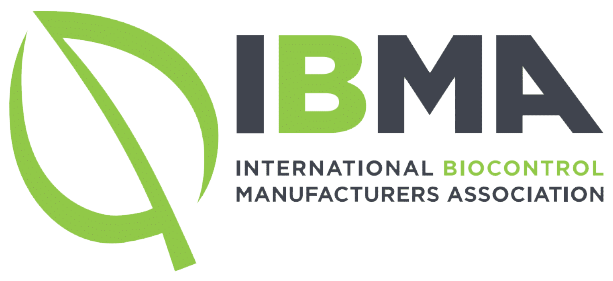IBMA’s response to the consultation can be found online with all the documents attached to the introductory text below.
IBMA thanks the EU Commission and experts for their work to revise the microbial data requirements (DRs). In particular, we apprreciate that the weight of evidence approach can replace the systematic use of animal studies to address tox and pathogenicity end points. Biology and ecology are considered the basis for the risk assessment decisions, but this is not really implemented in the DRs in terms of decision criteria. Overall, there is little fundamental change to the existing DRs: which is a disappointing missed opportunity to align EU Commission policies to the goals of Farm to Fork.
The most significant change is the incorporation of the secondary metabolite guidance, which stems from a chemical definition of a metabolite, and is now driving the new data requirements and will create some technically unrealistic studies for microbial metabolites that are not of safety concern.
Some proposed definitions are inconsistent with agreed international terminology (FAO and OECD) as well as with EU Guidance on secondary metabolites e.g. preferable to use the well-established OECD term MCPA instead of creating a new term (MASAM).
Conditionality is incorporated into the new DRs. This can provide flexibility for the applicants and for MSs and EFSA to argue different views. There are no criteria regarding “where relevant” and it is unclear who will take the final decision if there is disagreement. Interpretation of metabolite data is fully up to MS experts and their experience, leaving a huge margin for interpretation. Consistency of the assessments of similar microorganism will remain an issue during the reviews, depending on the zRMS interpretation and the EFSA evaluation. This will lead to further delays and incoherent conclusions.
The Farm to Fork initiative and Biodiversity strategies promote the growth of healthy crop systems with a reduction in risk and use of conventional chemical pesticides (50% target by 2030) and encourages the use of non-chemical methods. As an unintended consequence, the objectives of Farm to Fork will not deliver new biological solutions needed by farmers, if there are no clear data requirements for microbials. The lack of predictability of the regulatory system will stifle innovation and discourage industry, especially SMEs, from investmenting in biocontrol in the EU.
The EU Reg. 1107/2009 REFIT report states: “Progress in the harmonisation and to increase the trust between the MS is still necessary.” There is a different perception of risk between MS which leads to different approaches to the Precautionary Principle resulting in lack of harmonized reviews.
Lack of EU policy coherence for microbials further exacerbates the problem: microbial PPP are requested additional data (e.g. metabolites, AMR assessment) and much longer approval process (+ 5-6 years) whereas for microbial biostimulants few data is required (national rules remain in place). IBMA advocates that all microorganisms for agricultural use should be regulated in a consistent dedicated system.
These revised DRs are crucial to the Farm to Fork initiative and to the delivery of new solutions to the farmers for the transition to sustainable agriculture. The DRs need to be correct rather than rushed to meet a pre-set deadline, as they will impact the uptake of biocontrol over the coming 10-20 years. An impact assessment of the proposed data requirements on innovation in microbial PPPs, support of innovation in SMEs, and the achievement of Farm to Fork objectives should therefore be conducted prior to their adoption.
Transitional measures should be clarified based on the practicalities of dossier preparation for approval and authorisation. The recommendation is that MCPA (a.s.) and products should be
addressed under the same set of data requirements. A transition period of at least 2 years is necessary to allow for the submission of complete good-quality dossiers.
 Square de Meeûs 35, 1000 Bruxelles
Square de Meeûs 35, 1000 Bruxelles